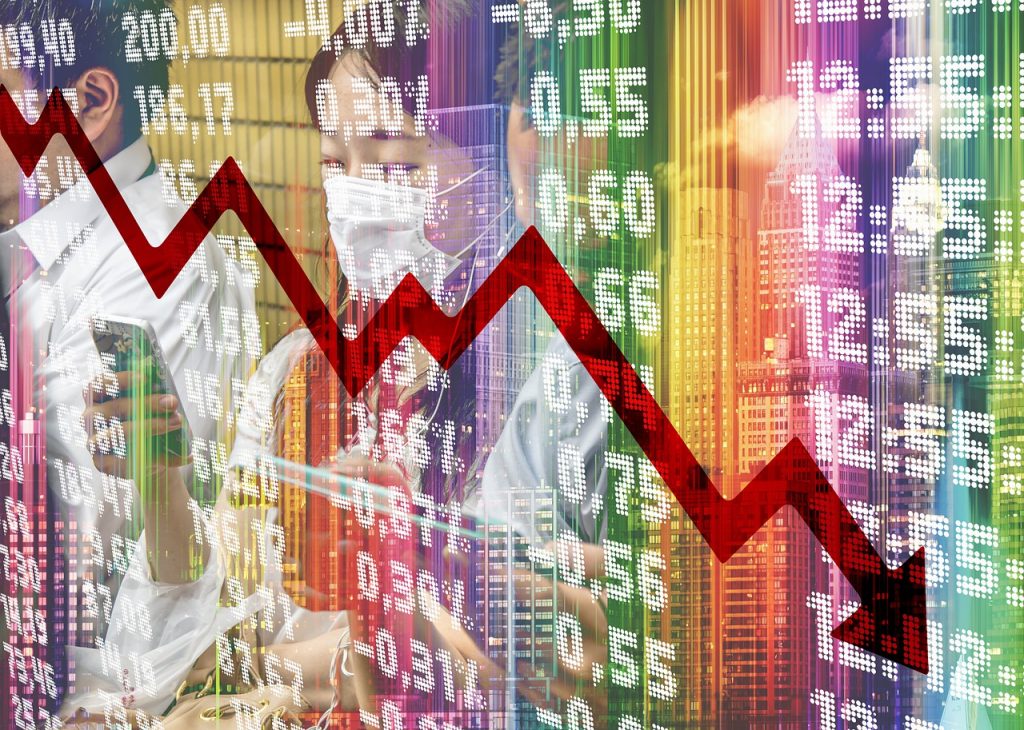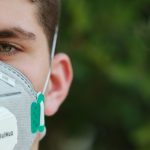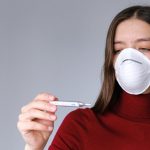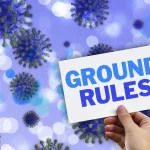“It is good that the weekly average of confirmed infections has dropped to the level of mid-October,” Plenković said at a government session.
Croatia currently has the third biggest 14-day drop in new infections in the EU. The number of fatalities has been on the decline as well, the number of people on ventilators and hospitalisations has been halved compared to the peak a month ago and is now at the level of two months ago, in the first half of November. The number of hospitalisations has dropped twice compared to a month ago, he said.
“These are good indicators and mean that the measures introduced at the end of November and responsible behaviour by citizens have reversed trends. We should now keep them up. The responsibility of all is very important,” the PM said.
He stressed that the change in statistics had been achieved without a curfew or a strict lockdown and that if the current trend continued, a possible easing of restrictions would be considered in consultation with experts.
The PM said one of the first signals was the start of the second school term and the return to school of primary school pupils from Grades 1 to 4 and final-year secondary school students.
The others will have to wait but I hope they, too, will return to school if the current situation continues, he said.
So far, 46,000 people have been vaccinated against coronavirus. Today a new shipment of the Pfizer vaccine arrived and a decision by the European Medicines Agency is being awaited on the approval of the Oxford/AstraZeneca vaccine, which would increase the number of doses, Plenković said.
“This would make it possible for us to vaccinate the groups that are most at risk as well as those most exposed to infection and thus protect them before the start of the tourist season,” he said.
He noted that this week a parliamentary debate would be held on the government-sponsored amendments to the Act on the Post-Earthquake Reconstruction and that today the government would adopt a number of decisions designed to facilitate life for people in the quake-hit areas.
In that context, he singled out a conclusion on the write-off of utility bills for households. “The conclusion refers to electricity and gas,” said Plenković.











